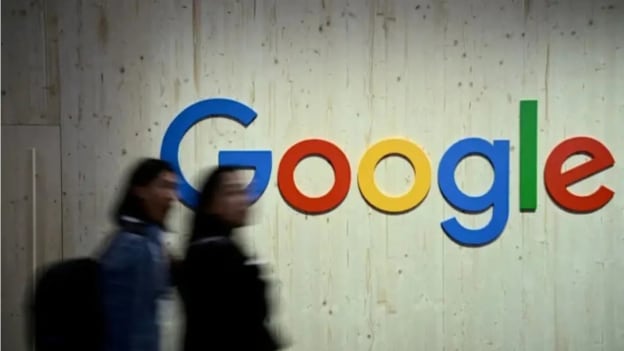Google lays off 200 employees as AI ambitions take centre stage

In the latest wave of restructuring across the technology sector, Google has laid off approximately 200 employees from its global business organisation, a unit responsible for the company’s sales and partnerships. The development was first reported by The Information, citing sources familiar with the matter.
This marks another significant adjustment in the tech giant’s ongoing reshaping of its workforce as it pivots to meet evolving business priorities, particularly in the fields of artificial intelligence (AI) and data infrastructure.
In a statement provided to Reuters, Google described the job cuts as part of a limited set of organisational changes designed to enhance collaboration and improve customer service responsiveness. “We’re making a small number of changes across our teams to drive greater collaboration and expand our ability to quickly and effectively serve our customers,” the company said.
While Google did not confirm the precise number of layoffs, the move reflects the broader trend among Big Tech firms to consolidate resources and redirect investment toward high-growth areas such as AI development and data centre expansion.
The latest layoffs follow a similar wave of job cuts at Google just last month, when the company reportedly trimmed hundreds of roles in its platforms and devices division — the unit responsible for overseeing key offerings such as the Android operating system, Pixel smartphones, and the Chrome web browser.
These moves signal a clear shift in Google’s operational focus, as it increasingly allocates talent and capital to AI-driven initiatives, even as it scales back on certain hardware and platform-based investments.
This restructuring is part of a larger trend that began in early 2023. In January of that year, Alphabet — Google’s parent company — announced a sweeping layoff plan that affected 12,000 employees, representing approximately 6% of its global workforce. According to Alphabet’s February 2025 filing, the company had 183,323 employees as of 31 December 2024.
The company’s executive leadership had cited the need to match workforce levels with current economic realities and investment priorities at the time — a rationale that continues to shape its current decisions.
Google is not alone in re-evaluating its organisational structure amid rapid technological shifts. Several of its Big Tech peers have undertaken similar measures over the past year, as the race to lead in AI accelerates and companies seek to streamline operations.
Meta, the parent company of Facebook, conducted a performance-based culling in January, laying off around 5% of its "lowest performers" while actively hiring new talent with machine learning expertise.
Microsoft also scaled back in its gaming division, eliminating 650 jobs in the Xbox unit in September, while Amazon implemented cuts across multiple teams, including its communications arm.
Even Apple, typically more cautious with workforce adjustments, reportedly laid off approximately 100 roles in its digital services group in 2024 — a rare move for the iPhone maker.
The latest round of job reductions at Google underscores the wider recalibration underway in Silicon Valley, where strategic spending is increasingly focused on long-term growth engines like AI, cloud computing, and data infrastructure.
Industry analysts note that while headcount reductions are painful, they often reflect a necessary shift in priorities to maintain competitiveness in a rapidly evolving digital economy. As AI innovation demands more specialised talent and infrastructure investment, tech giants are making hard choices to remain ahead of the curve.
Google, in particular, has been accelerating its AI development efforts to compete with emerging leaders like OpenAI and maintain its dominant position in the digital services ecosystem. This includes expanding its Gemini AI platform, increasing cloud AI offerings, and enhancing AI functionality across its core products, including Search, Ads, and Workspace.











